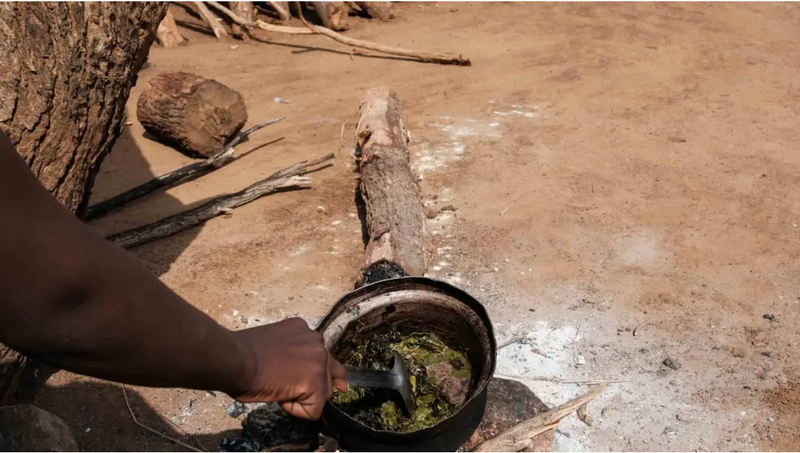Taiwan: China Sends Warships After US Approves Arms Sale
On Sunday, Taiwan's defense ministry said that Chinese aircraft and ships conducted combat patrols near the island after the US approved a $2B arms sale package last week to the East Asian country....
0:00
/1861
Facts
- On Sunday, Taiwan's defense ministry said that Chinese aircraft and ships conducted combat patrols near the island after the US approved a $2B arms sale package last week to the East Asian country.[1][2]
- The Pentagon said that the package includes the shipment of missile systems and radar systems, which have been battle-tested in Ukraine to maintain 'political stability, military balance, and economic progress in the region.'[3][4]
- China strongly condemned the arms sale, stating it damaged China-US relations and violated the one-China principle and the three China-US Joint Communiques, especially the Aug. 17 Communique of 1982.[5]
- Beijing vowed to take 'resolute countermeasures' and all 'necessary' steps to defend its 'sovereignty, security and territorial integrity.'[6]
- The arms sale comes amid increased Chinese military activity around Taiwan, with recent drills simulating the 'sealing off of key ports' on the island.[7]
- While Washington doesn't have formal diplomatic ties with Taipei, the Taiwan Relations Act obliges the US to assist the island in maintaining its self-defense capability.[8][7]
Sources: [1]Voice of America, [2]Reuters (a), [3]Reuters (b), [4]Dsca, [5]Global Times, [6]Dw.Com, [7]Independent and [8]Al Jazeera.
Narratives
- Anti-China narrative, as provided by Associated Press and National Review. The arms sale to Taiwan is crucial for maintaining regional stability and bolstering the island's self-defense capabilities in the face of China's threats. The US is merely fulfilling its legal obligation to support Taiwan's security.
- Pro-China narrative, as provided by Global Times and CGTN. This arms package is a blatant violation of China's sovereignty and a dangerous move that undermines peace and stability in the region. The US is meddling in China's internal affairs, encouraging separatist forces in Taiwan, and not abiding by the one-China policy.







